Mixquic: A Beautiful Celebration of Life and Death
Do you want to know the significance of Mixquic in Mexican culture?
Are you looking for the date and place to admire Mixquic echanting traditions?
Do you want some tips for your trip to this colorful, mystical and marvelous place?
Keep reading this article and learn more about Mixquic-Day of the Dead history, rituals and traditions. Happy Day of the Dead!
Contents
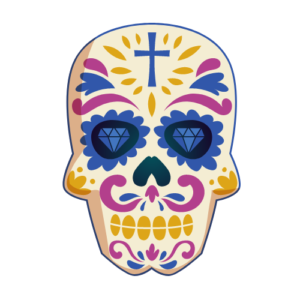
The significance of Mixquic in Mexican culture
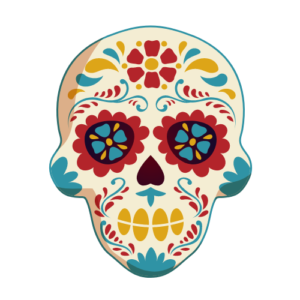
History of Mixquic's Day of the Dead celebrations
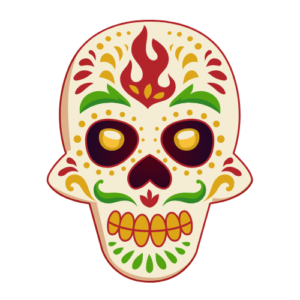
Traditional customs and rituals during the Day of the Dead
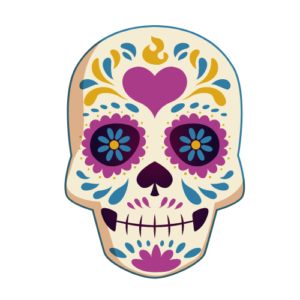
The artistic elements of Mixquic's celebrations

Famous attractions and events in Mixquic

Tips for visiting Mixquic during the Day of the Dead

Conclusion
The significance of Mixquic in Mexican culture
Mixquic holds a special place in Mexican culture. It is one of the most important destinations for celebrating the Day of the Dead, an annual event deeply rooted in Mexican traditions and beliefs about death and the afterlife.
For the people of Mixquic, the Day of the Dead is not something to be sad for but rather a colorful celebration of the lives of those no longer here on Earth.
The town’s name, Mixquic, translates to “Place of the Clouds” in the indigenous Nahuatl language. Its location adds a mystical atmosphere that makes the celebration more magical and enchanting.
Check out our Mixquic Dia de Muertos: Day of the Dead Tour (9 h)
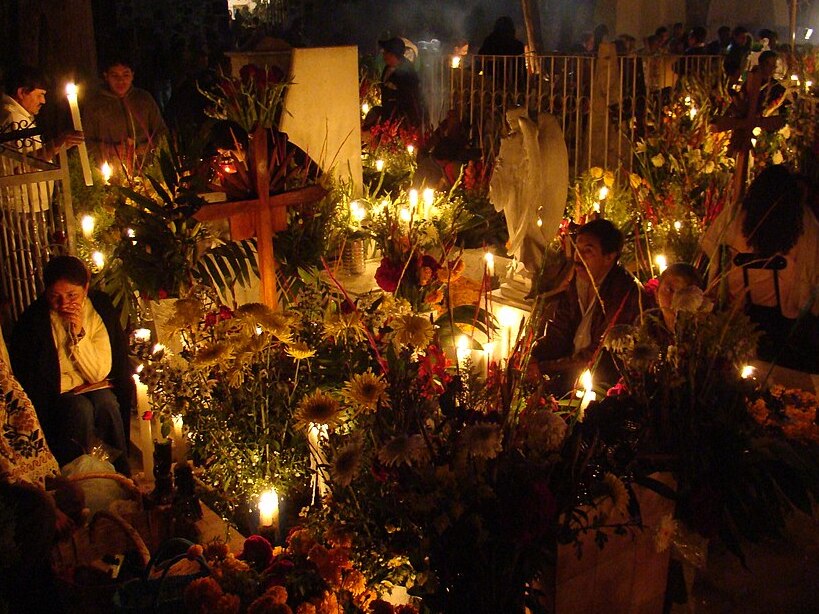
History of Mixquic’s Day of the Dead celebrations
The roots of Mixquic’s Day of the Dead celebrations date back to pre-Columbian times when the indigenous cultures of Mexico held elaborate rituals to honor their ancestors.
These rituals were later merged with Catholic traditions (syncretism) brought by the Spanish conquistadors, creating a unique blend of indigenous and European customs that still define the celebration today. According to legend, the Day of the Dead was originally in the ninth month of the Aztec calendar, roughly corresponding to August.
Check out our post: Day of the Dead in Mexico City (The Easiest Ultimate Guide)
However, when the Spanish came to Mexico, they moved the celebration to coincide with the Catholic All Saints’ Day and All Souls’ Day on November 1st and 2nd. This fusion of indigenous and Catholic traditions gave birth to the beautiful celebration we know as the Day of the Dead.
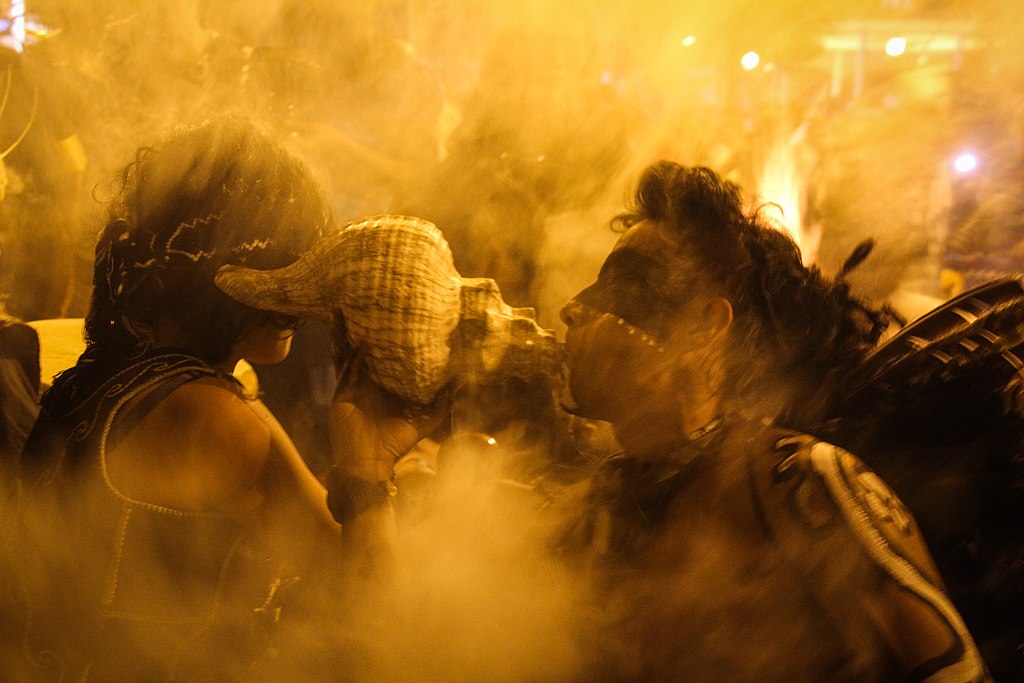
Traditional customs and rituals during the Day of the Dead
The Day of the Dead in Mixquic is a time for families to come together and honor their ancestors. The celebrations begin on October 31st with the arrival of the spirits, who come back to Eart to reunite with their families and spend one more time by their side. Families clean and decorate the graves of their ancestors, often spending the entire night in the cemetery, lighting candles and singing songs.
One of the most iconic symbols of the Day of the Dead is the Calavera, or sugar skull. These skulls are made from sugar and have colorful decorations that you can eat. The families put these skulls on the altars along with photographs and personal belongings of the deceased, symbolizing their presence during the celebration.
Another vital element of the celebration is the ofrenda (altar), or offering. Families create impressive altars in their homes with marigold flowers, candles, incense, and their ancestors’ favorite foods and drinks. The altars are to welcome the spirits and provide them with something to eat and comfort during their visit.
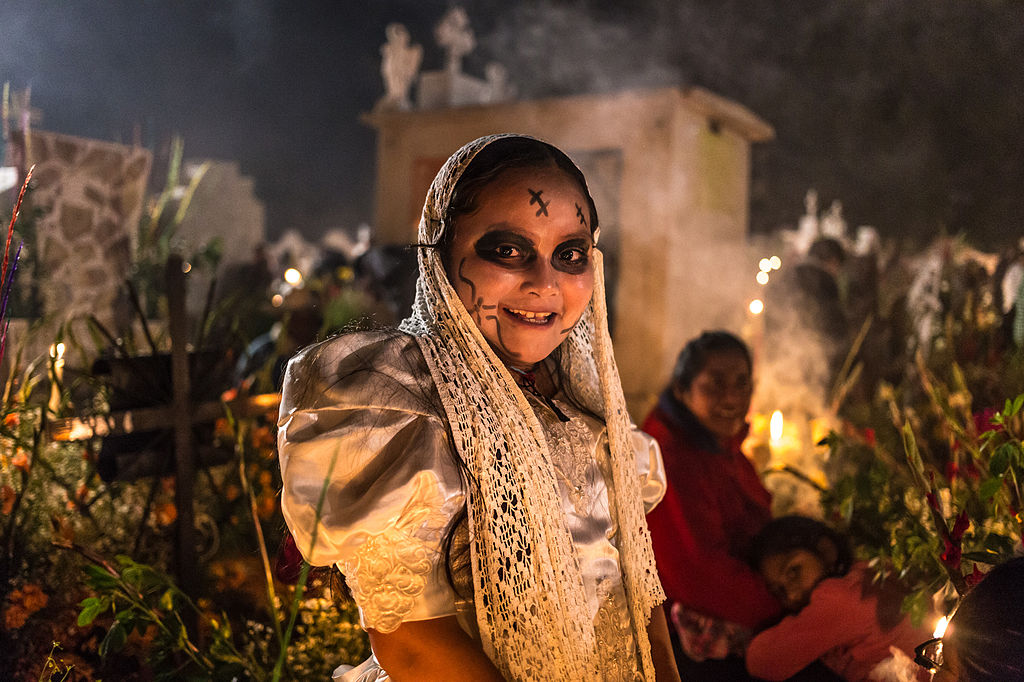
The artistic elements of Mixquic’s celebrations
The artistry in Mixquic is something you must experience and admire closely at least once in a lifetime. Artisans from all over Mexico travel to Mixquic during the Day of the Dead celebrations, sharing their talents with locals and tourists through various art forms.
Sugar skull sculptures are another work of art that not many places have. Artisans spend hours meticulously crafting these beautiful and colorful skulls. They use sugar, icing, and edible decorations to bring the skulls to life. Each skull is a unique creation. They often have the name of someone no longer here or with different designs and patterns.
In addition to sugar skulls, Mixquic is also renowned for its intricately woven crafts. Local artisans create beautiful tapestries, baskets, and other woven goods using traditional techniques passed down through generations. These crafts often have colors and intricate patterns, reflecting Mixquic’s rich cultural heritage.
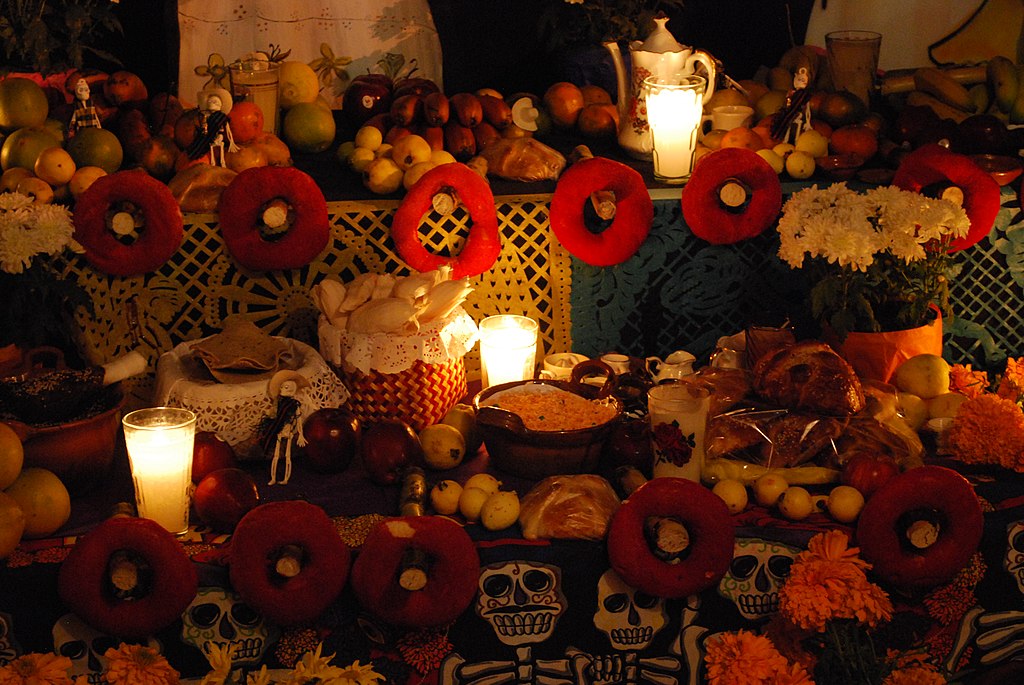
Famous attractions and events in Mixquic
During the Day of the Dead celebrations, Mixquic comes alive with different attractions and events that will blow your mind. One of the highlights is the procession on November 1st: The “Mictlantecuhtli Parade.” In this parade, dancers, musicians, and giant puppets give tribute to the god of the underworld.
Another must-see attraction is the main square, a massive marketplace during the celebrations. Here, you can buy handicrafts, artwork, and traditional Mexican cuisine. The main square is also home to live music performances and dance shows.
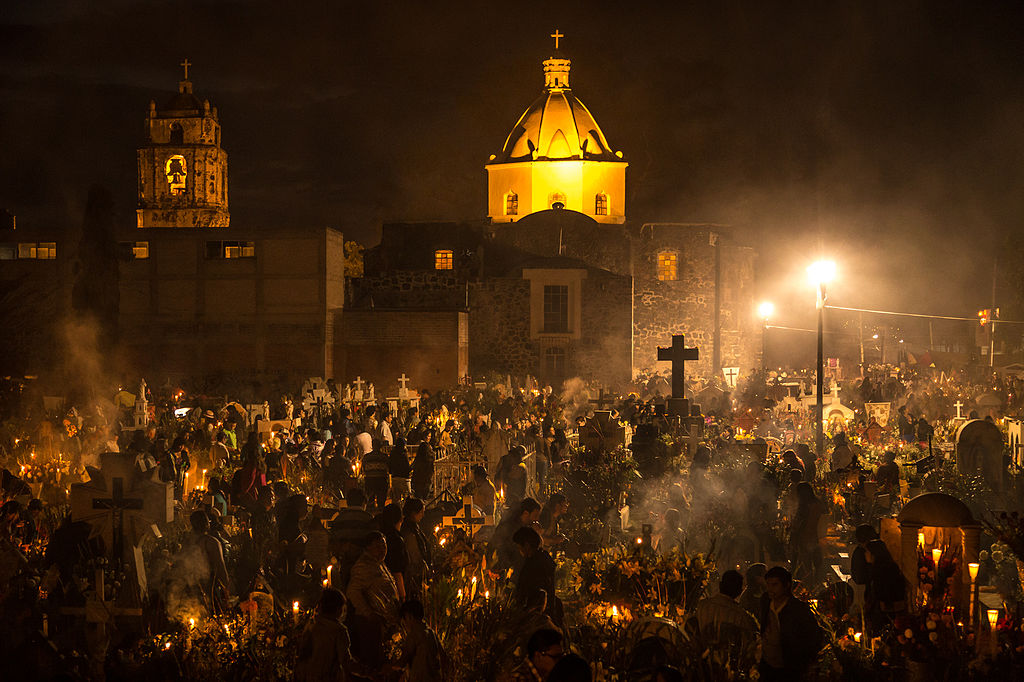
Tips for visiting Mixquic during the Day of the Dead
If you plan on visiting Mixquic during the Day of the Dead celebrations, there are a few tips to keep in mind:
- It’s important to respect the cultural significance of the event. Remember that the Day of the Dead is not a Halloween-like costume party but a deeply meaningful tradition for the people of Mixquic.
- Dress appropriately (especially if you plan to enter the church) and be mindful of your actions while participating in the celebrations. It’s also advisable to plan your visit, as Mixquic is already a touristic destination during the Day of the Dead.
- Consider booking accommodations and transportation well in advance to ensure an enjoyable trip. Additionally, prepare for long lines and wait times, especially at popular attractions and events.
Conclusion: The enduring beauty of Mixquic’s celebration of life and death
Mixquic’s celebration of life and death is a way to appreciate the rich beauty of Mexican culture. It combines ancient traditions and artistry for a meaningful and visually impressive event. Definitely, it’s truly a fantastic experience full of colors, tradition, and culture.
If you have the opportunity to visit Mixquic during the Day of the Dead, don’t hesitate to do so and admire this iconic celebration. The connection between life and death is pretty particular in Mexico.
The end is only the beginning of a new adventure to the Mictlán and a new opportunity to appreciate the world that awaits all of us. Mixquic is where tradition meets artistry, and life and death are celebrated with equal reverence and joy.
If you’re looking for a unique experience that shows tradition, art, and cultural significance, make sure to add Mixquic to your bucket list when traveling to Mexico!
Check out our tours:
- Get scared with terrifying stories in Mexico City
- Day of the Dead Mexico City 2023: Walking Tour (4 h)
- Mixquic Dia de Muertos: Day of the Dead Tour (9 h)